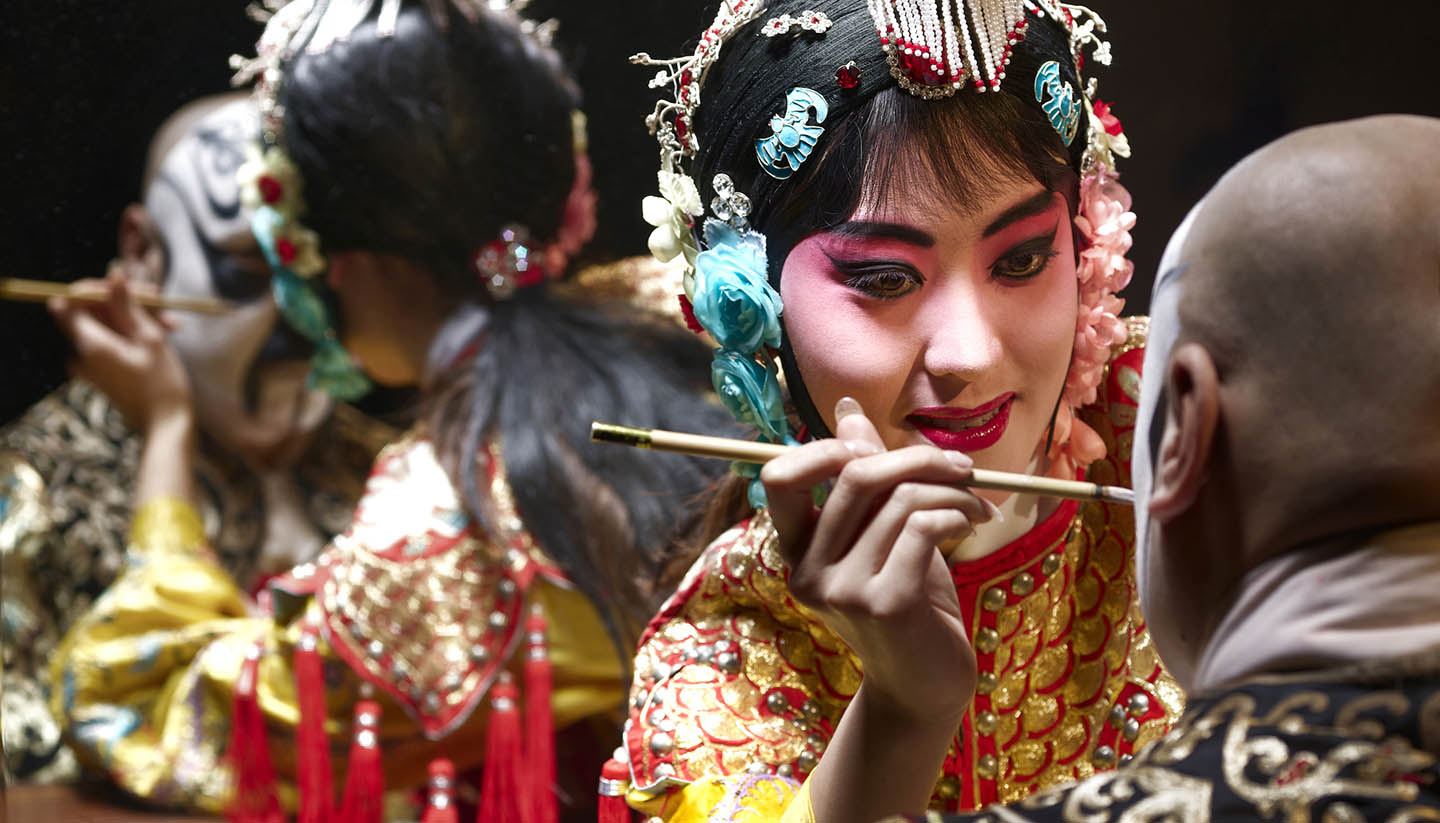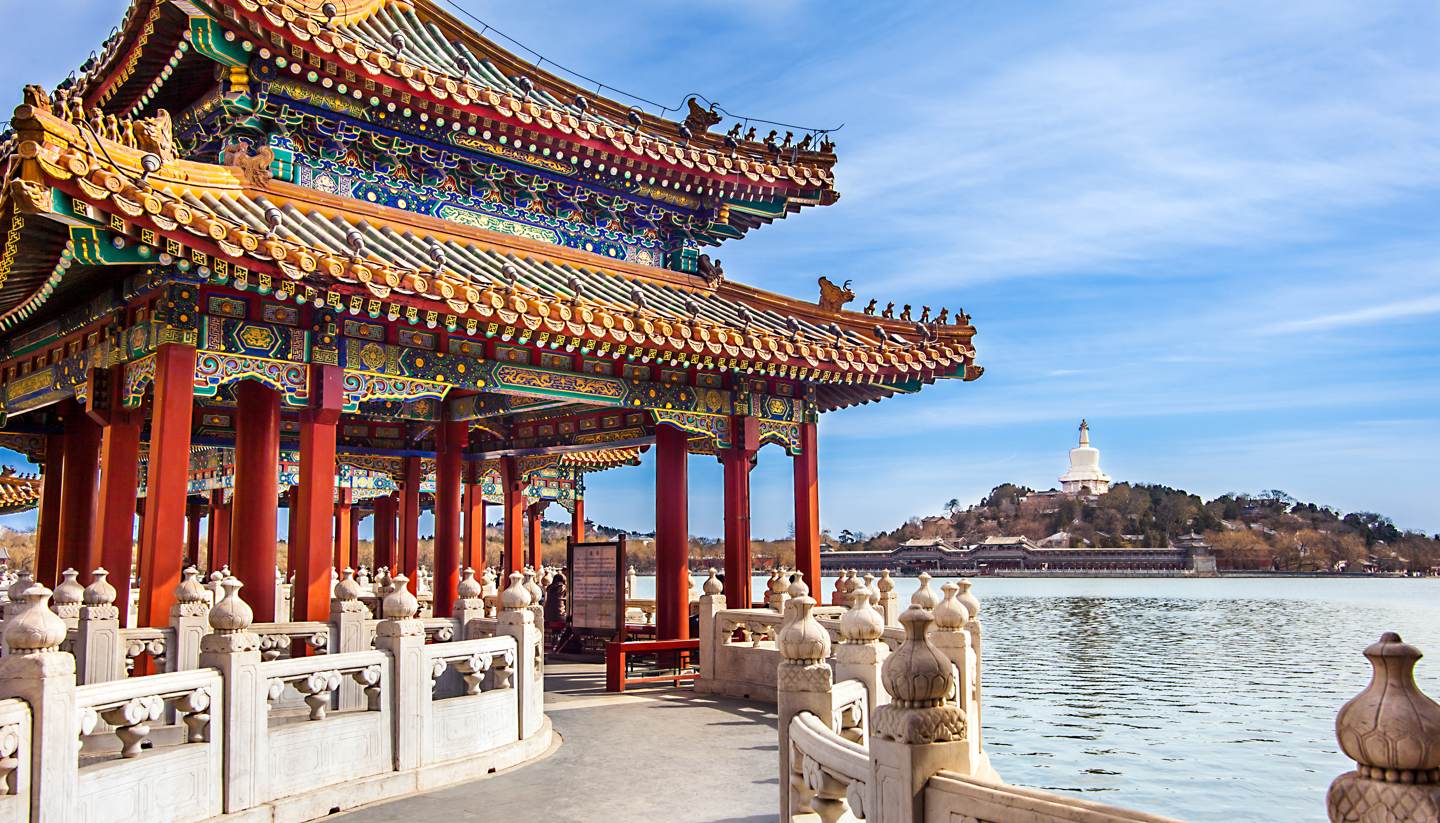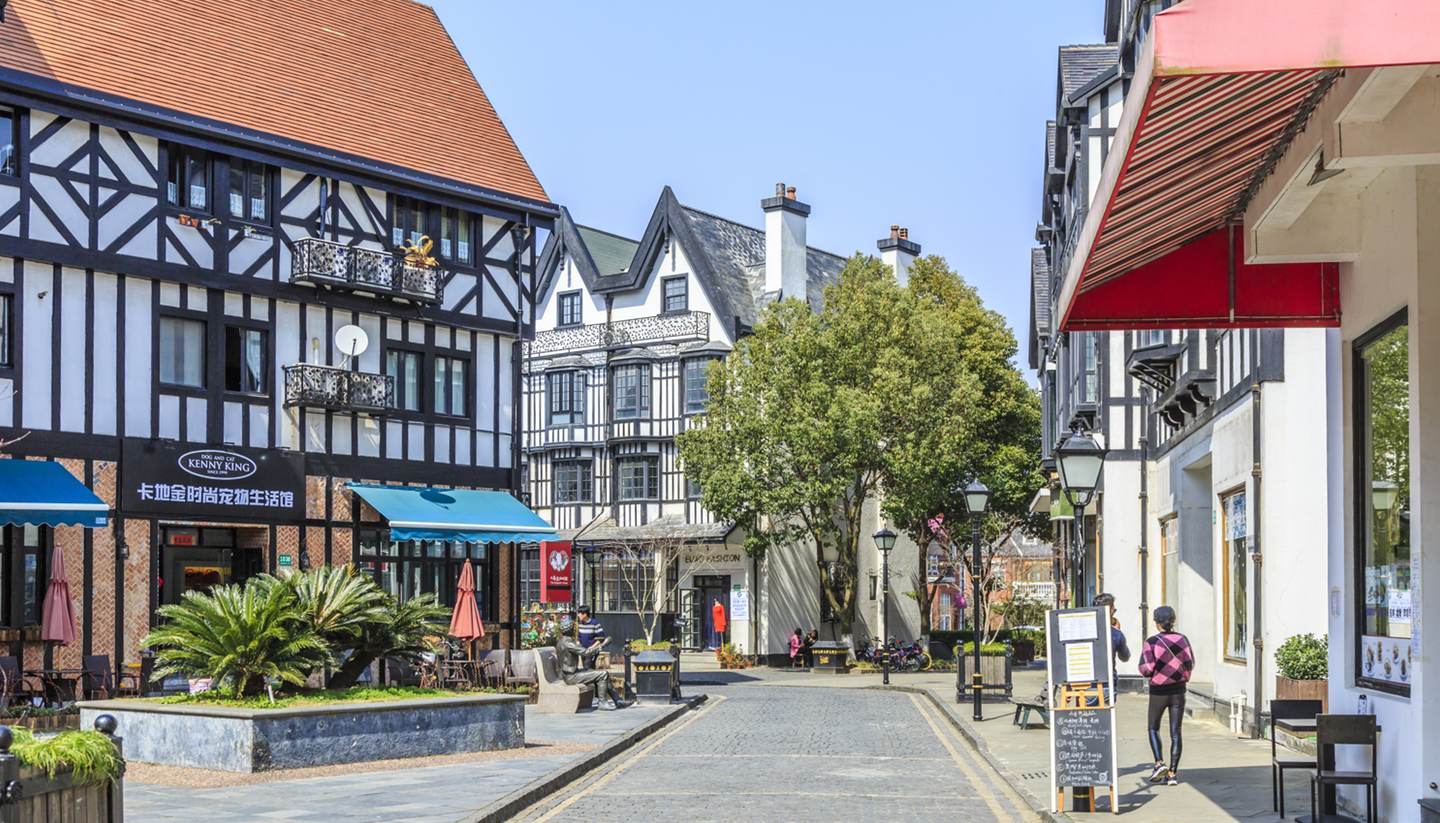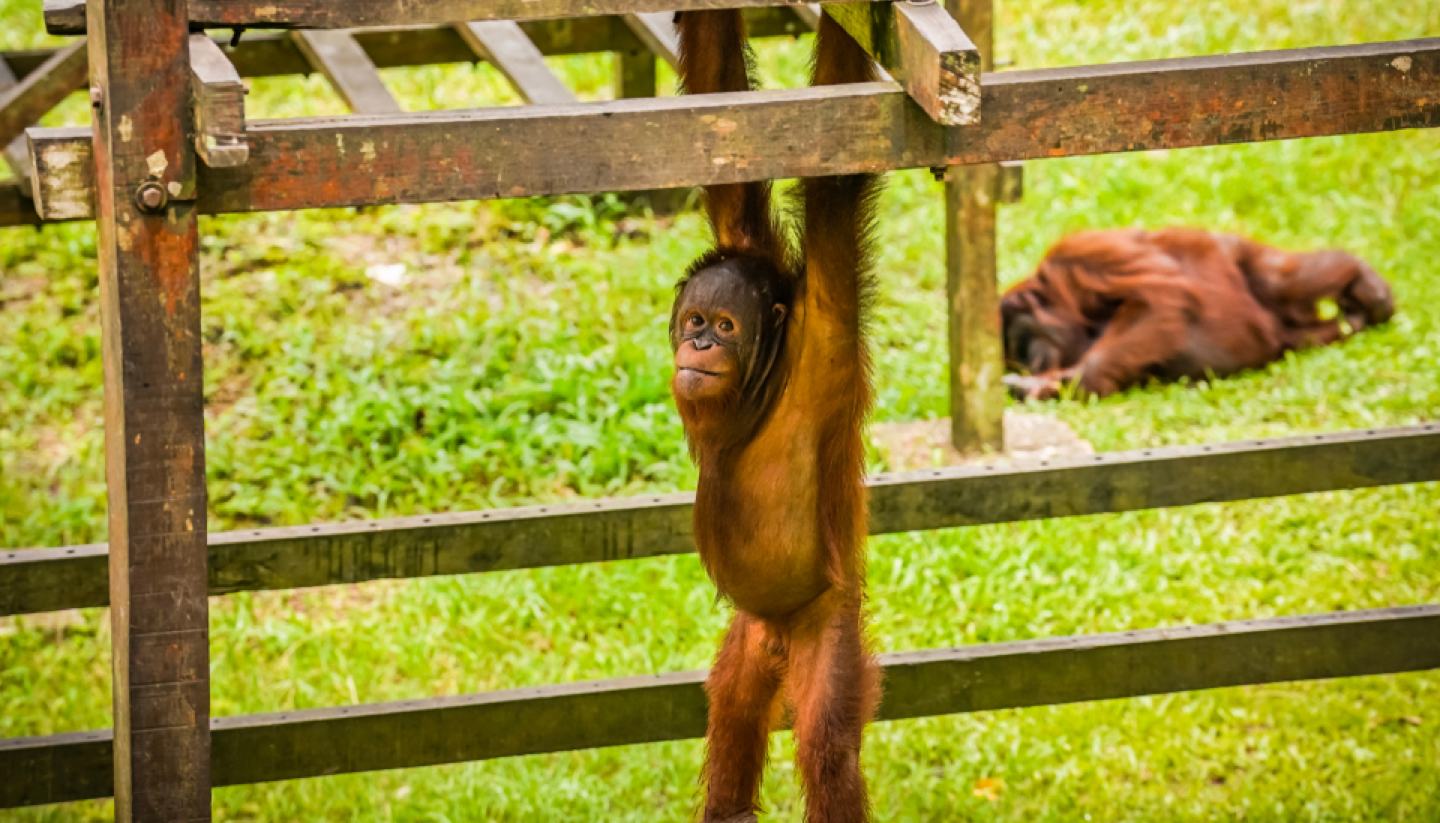China Shopping and nightlife
Shopping in China
While uncommon in larger stores, haggling is a big part of the buying process in markets (of which there are many) for items such as jade, antique ceramics, local handicrafts, silk garments and other bric-a-brac. All antiques over 100 years old are marked with a red wax seal by the authorities and require an export customs certificate. Beijing's fascinating Panjiayuan market opens every day, although it is best at weekends. Dongtai Lu in Shanghai hosts a popular street market for antiques and repro curios. When haggling, a smile and a certain amount of respect both go an awfully long way.
In Beijing, Shanghai and many other large cities, massive department stores sell everything from luxury fashion to high-tech electronics. In big cities and tourist towns, English is often spoken by shop assistants. You can usually make yourself understood by pointing, otherwise someone nearby will generally speak a little English. Good shops are found in major centres like Shanghai's Nanjing Road or Beijing's Wanfujing. Other enclaves well worth a visit for local designer boutiques are Taikang Lu in Shanghai and Nanluoguxiang in Beijing. Hong Kong is also widely renowned for its retail options, whether you’re after electronic goods or catwalk labels.
You can also get handicrafts direct from shops at local factories, from shops specialising in the sale of handicrafts, and at art-and-craft department stores. Special purchases include jade jewellery, embroidery, calligraphy, paintings and carvings in wood, stone and bamboo. Shop personnel often pack and arrange shipping for bulky items. Keep receipts, as visitors may be asked to produce them at customs prior to departure. Hotel shops are more expensive than local shops.
Shopping hours
Mon-Sun 1000-2130, although times vary across the country.
Nightlife in China
Shanghai and Beijing have world-class nightlife scenes, with an eclectic array of international restaurants, bars, cocktail lounges, live music venues and nightclubs heaving until the early hours. Outside the cosmopolitan cities, evening entertainment tends to be restricted to restaurants, karaoke parlours and gaming halls, where people gather to play cards, snooker and mahjong. Increasingly, bars at newly built international hotels are other possible options but they tend to be harder on the wallet. In general the travellers to larger cities can sample something of the culture with visits to Chinese opera, circus, ballet and theatre.
Karaoke (written OK+ on Chinese signs) is very popular countrywide, with some karaoke venues offering over 100 private rooms, dinner buffets and 24-hour service. Traditional local music and dancing (for the benefit of visitors) is often found in areas where there are strong ethnic minority groups, notably in provinces including Yunnan, Guizhou, Guangxi and Sichuan.
Out in the countryside, the nightlife tends to be restricted to traditional dances and drinking to celebrate special occasions, or on an ordinary night, evenings spent playing cards or watching television.





